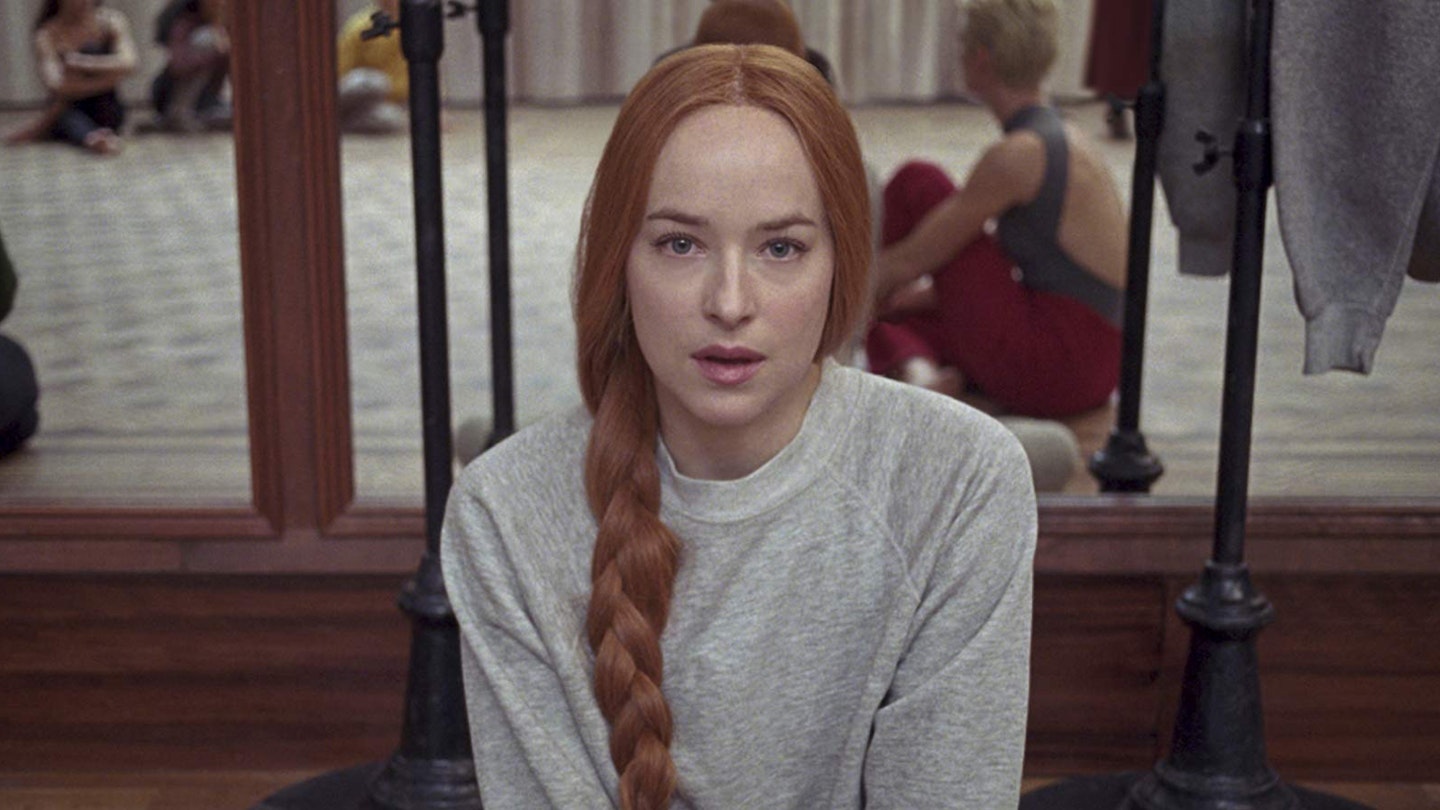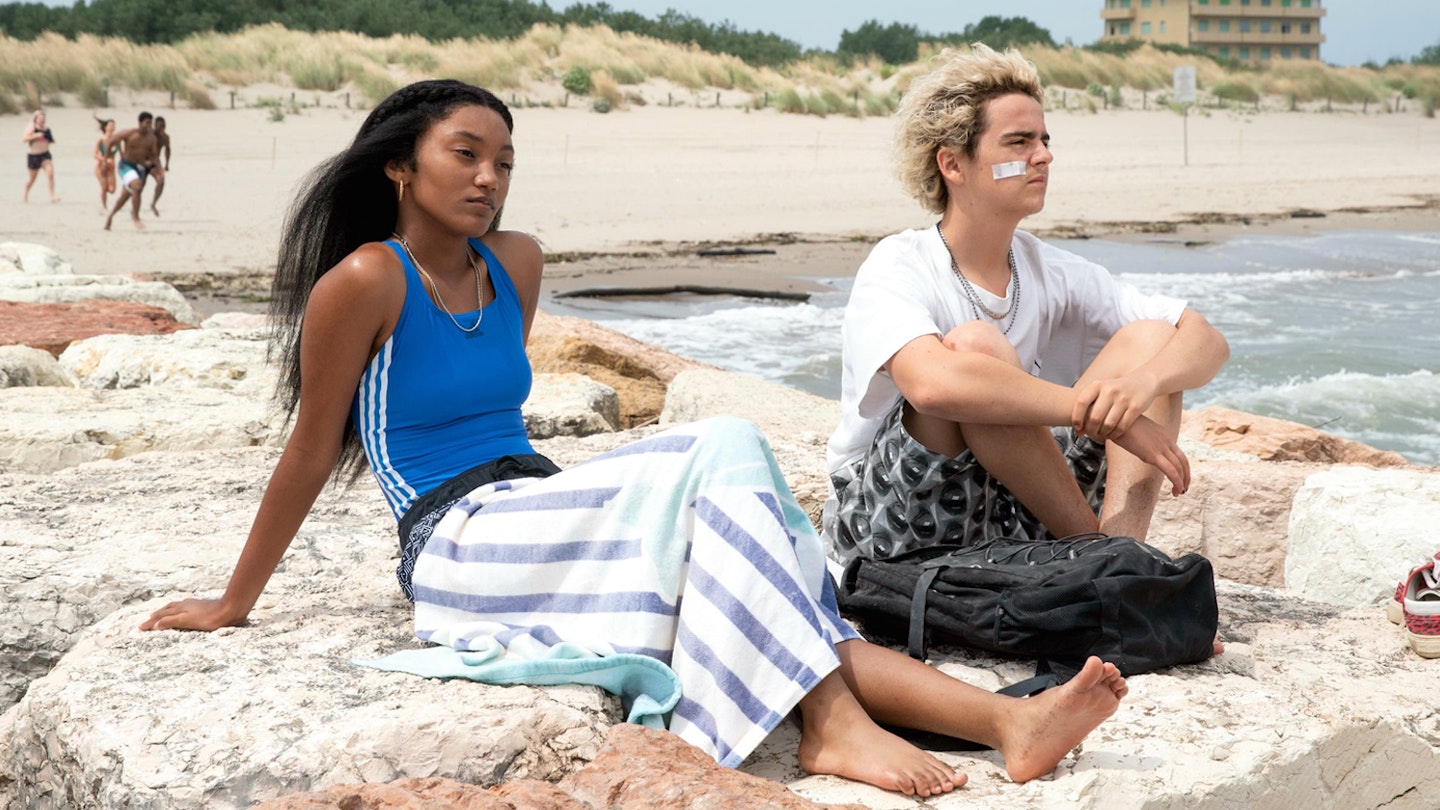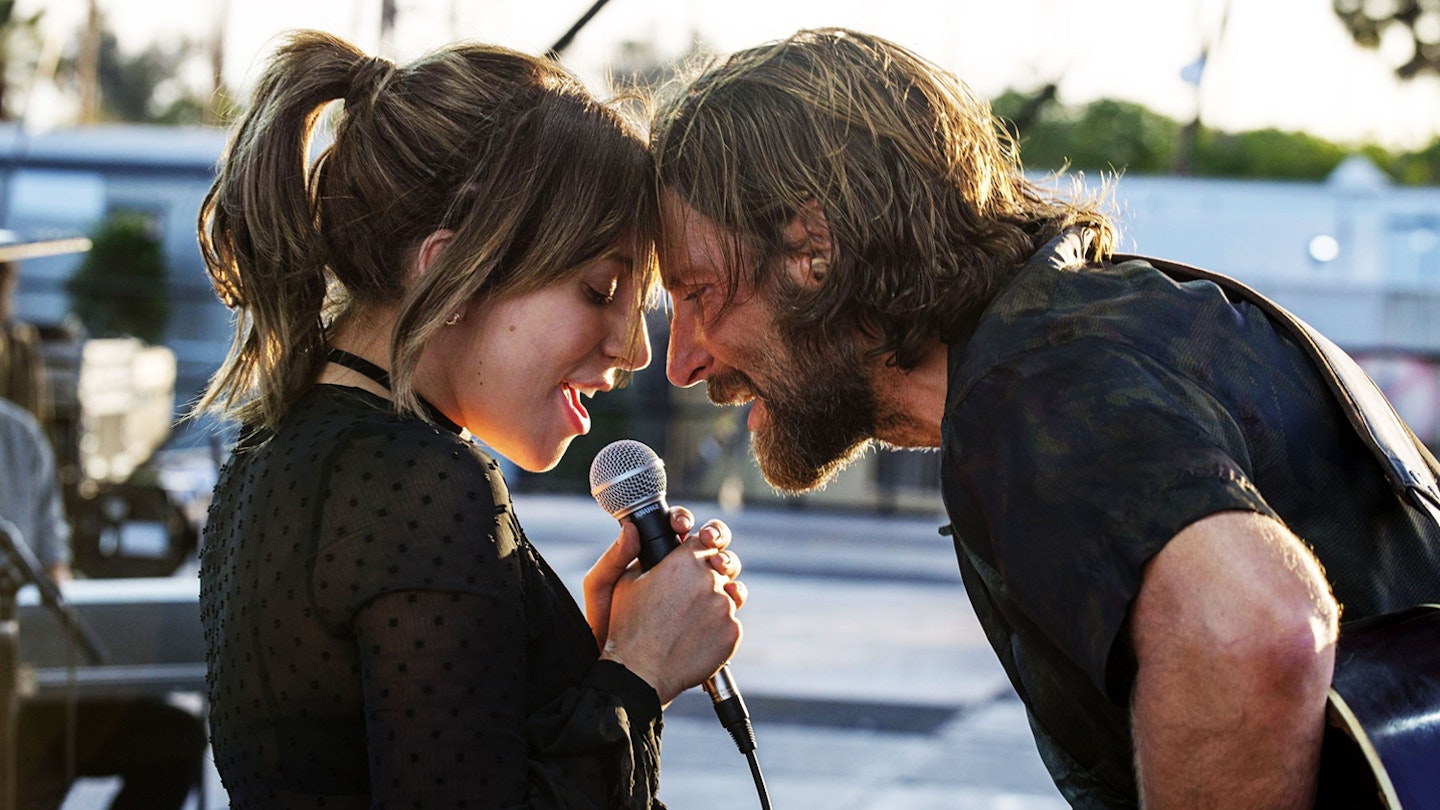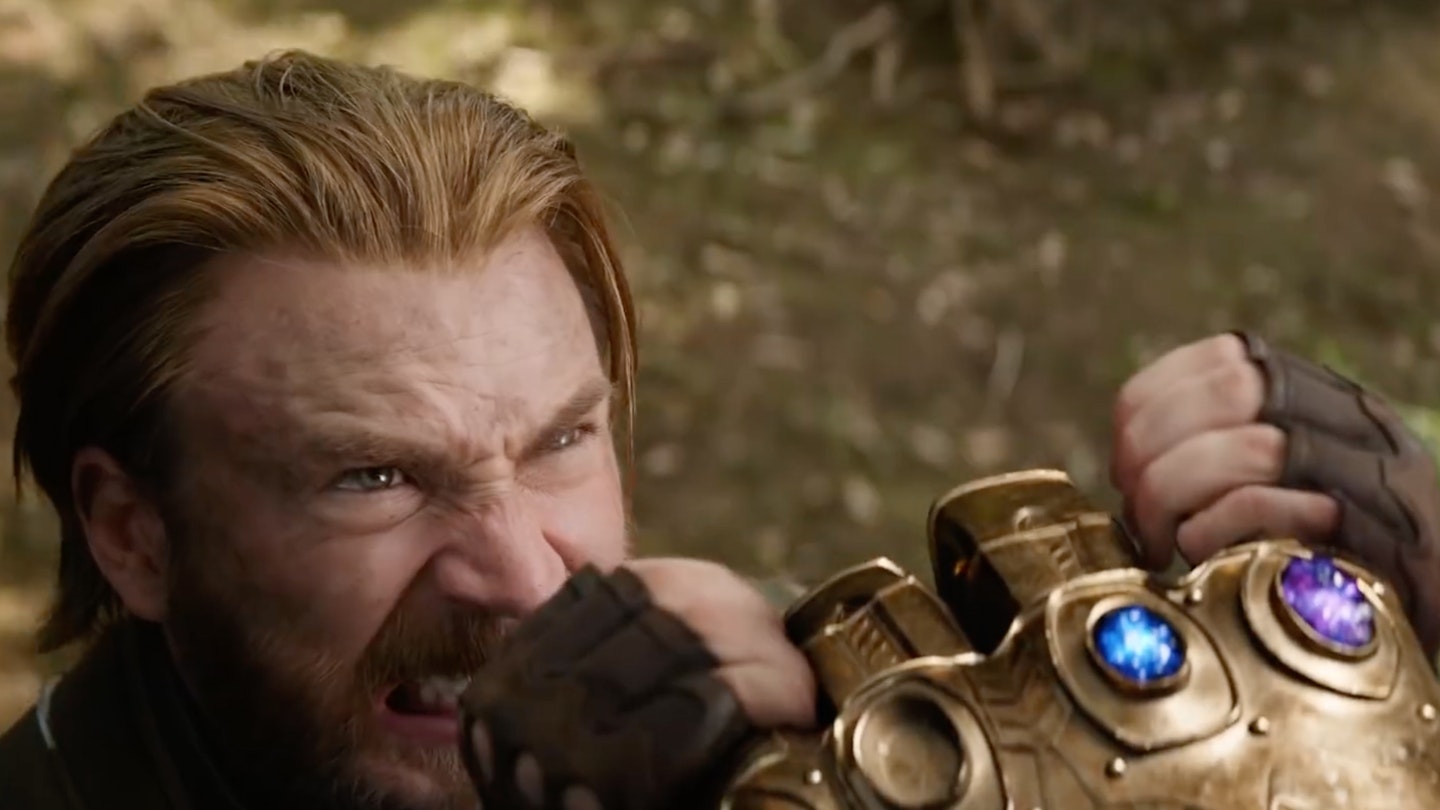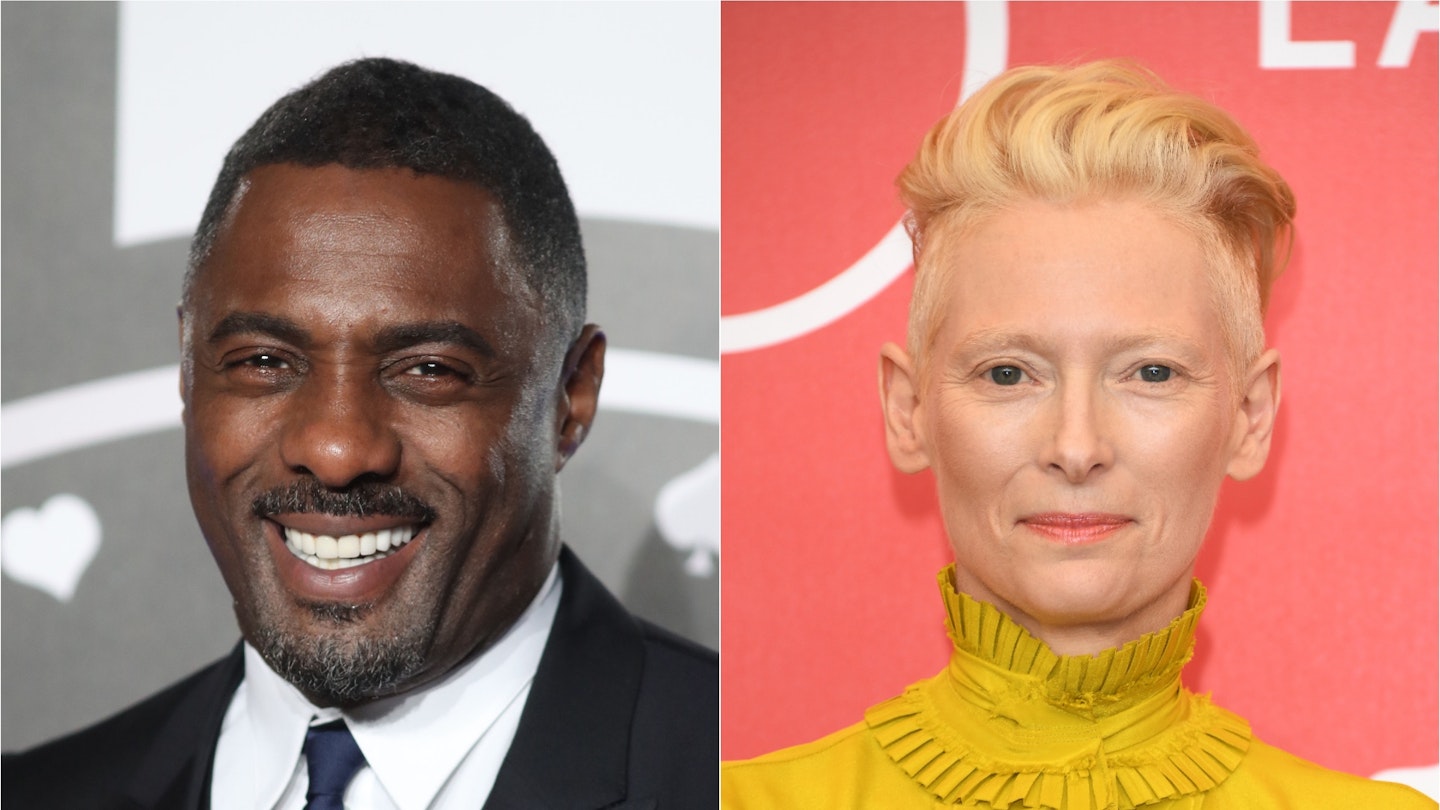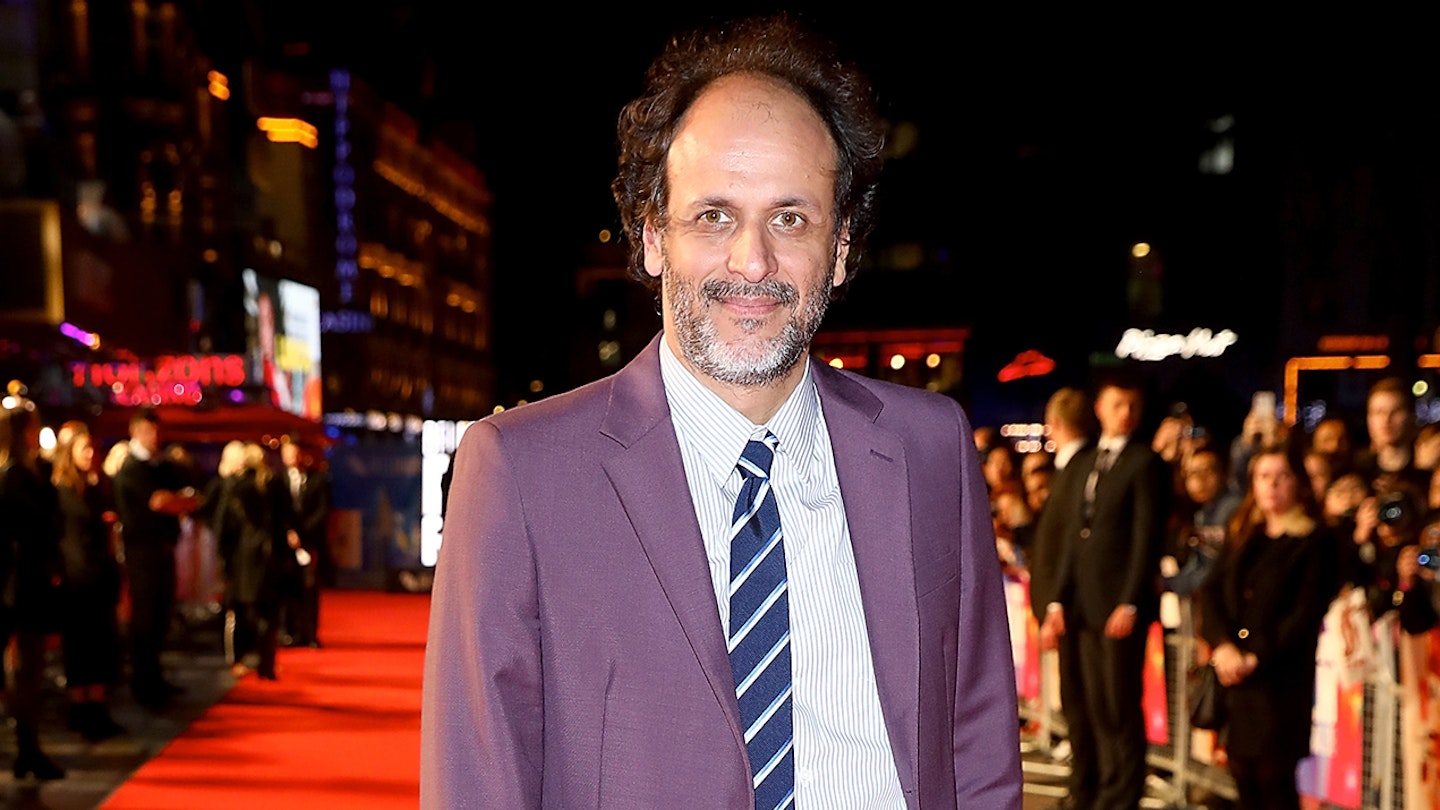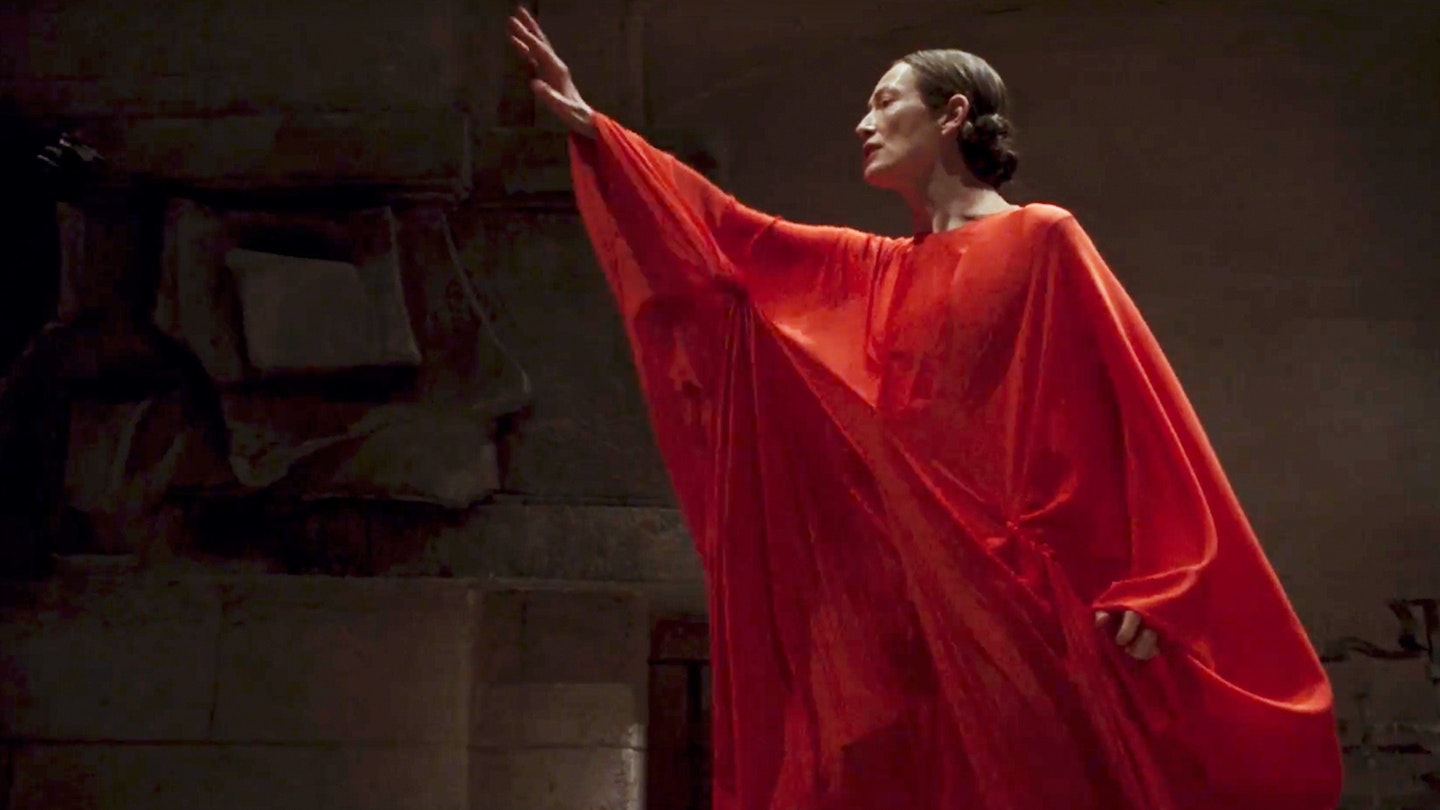The notion of remaking Dario Argento’s 1977 masterpiece Suspiria seems perverse — the original has only the skimpiest of storylines and is remembered for its overwhelming style. It’s a prog rock symphony of horrors, with vibrant colour effects and pounding music, but its script is less sophisticated than the throwaway 1973 TV movie Satan’s School For Girls which has more or less the same plot. Argento’s Suspiria is not only matchless, as most up-for-a-do-over cult horrors are, but unapproachable. In the cycle of remakes, only Gus Van Sant’s Psycho seems as demented an endeavour as Luca Guadagnino’s Suspiria, which is perhaps the most admirable thing about it.
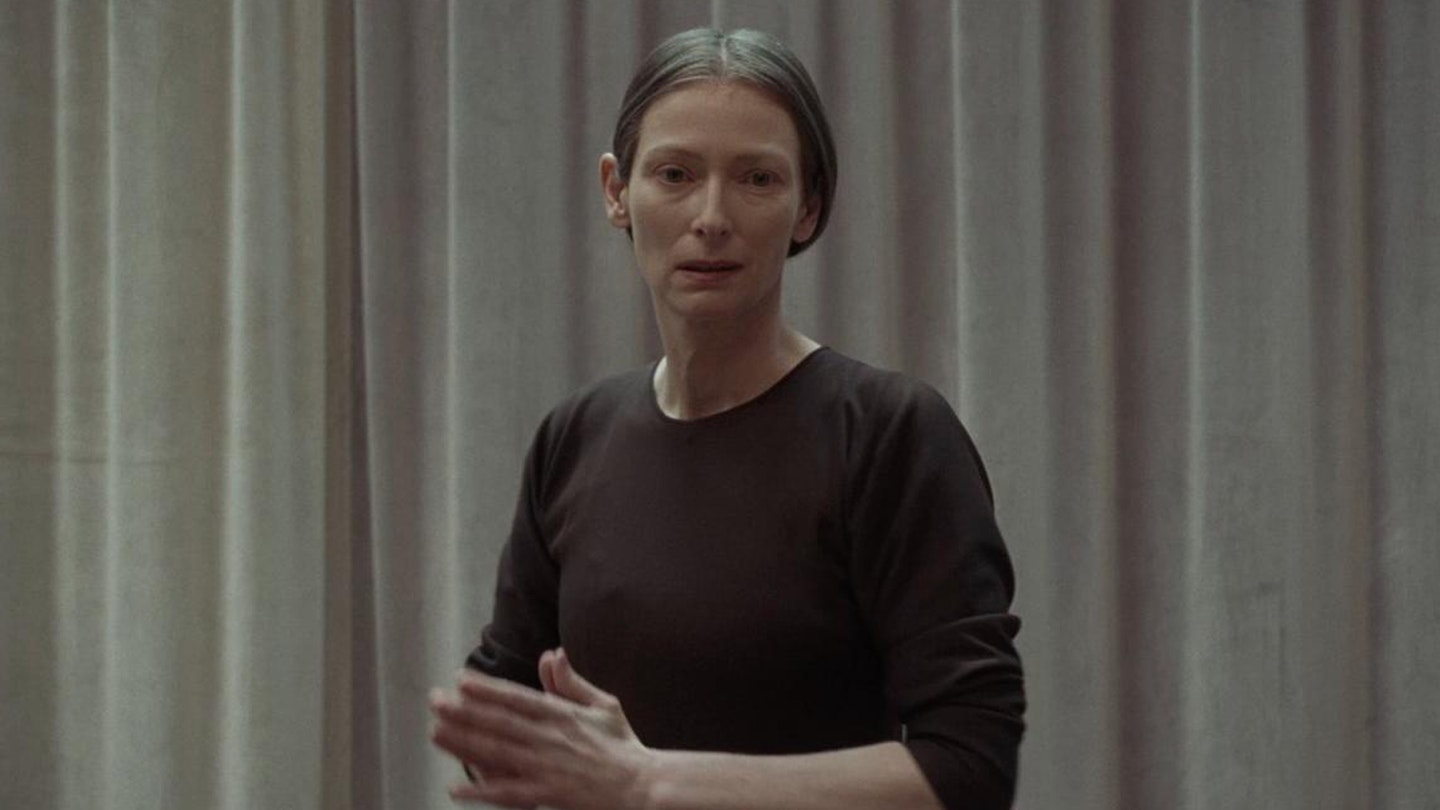
Wisely, Guadagnino doesn’t even try to imitate Argento. He sets the story in the year the original film came out, but plays up the politics of the time, shifting the setting from a city in the Black Forest haunted by mediaeval alchemy to drab, grey, divided Berlin. Argento’s Suzy (Jessica Harper, who has a cameo here) arrived in a fairytale storm with expressionist flashes of lightning, but Guadagnino’s Susie (Dakota Johnson) just trudges through unending drizzle. Argento cast Joan Bennett and Alida Valli, icons of Hollywood and Europe, as witchy dance mistresses, whereas Guadagnino packs his coven with striking, posing figures from the back catalogues of Derek Jarman, Rainer Werner Fassbinder and Paul Verhoeven — Tilda Swinton, Angela Winkler, Ingrid Caven and Renée Soutendijk.
It doesn’t all work. Fresh from Call Me By Your Name — which Dario Argento should now remake with 20-minute knife murder scenes — Guadagnino either doesn’t know how to build suspense or has no interest in such petty commercial concerns. Wedges of exposition and editorial comment take up whole scenes, then disturbing-amusing glimpses of weird sisterly activity (this is an all-female film — even the male lead is a woman) bleed into outrageous horror set-pieces that break into narrative the way song-and-dance numbers do in a musical. In fact, the major horror sequences are intercut with, or grow out of, avant-garde performance pieces.
Guadagnino and screenwriter David Kajganich hit most of the story beats of the original but with different emphases — and some trickiness involving Johnson’s character. There are reasons why Susie is a blank and Madame Blanc — Swinton’s sinister dance director — isn’t an out-and-out villain, but it takes so long to spell them out that few will stay involved enough in the thin story to care about the quite clever sting in the finale.
